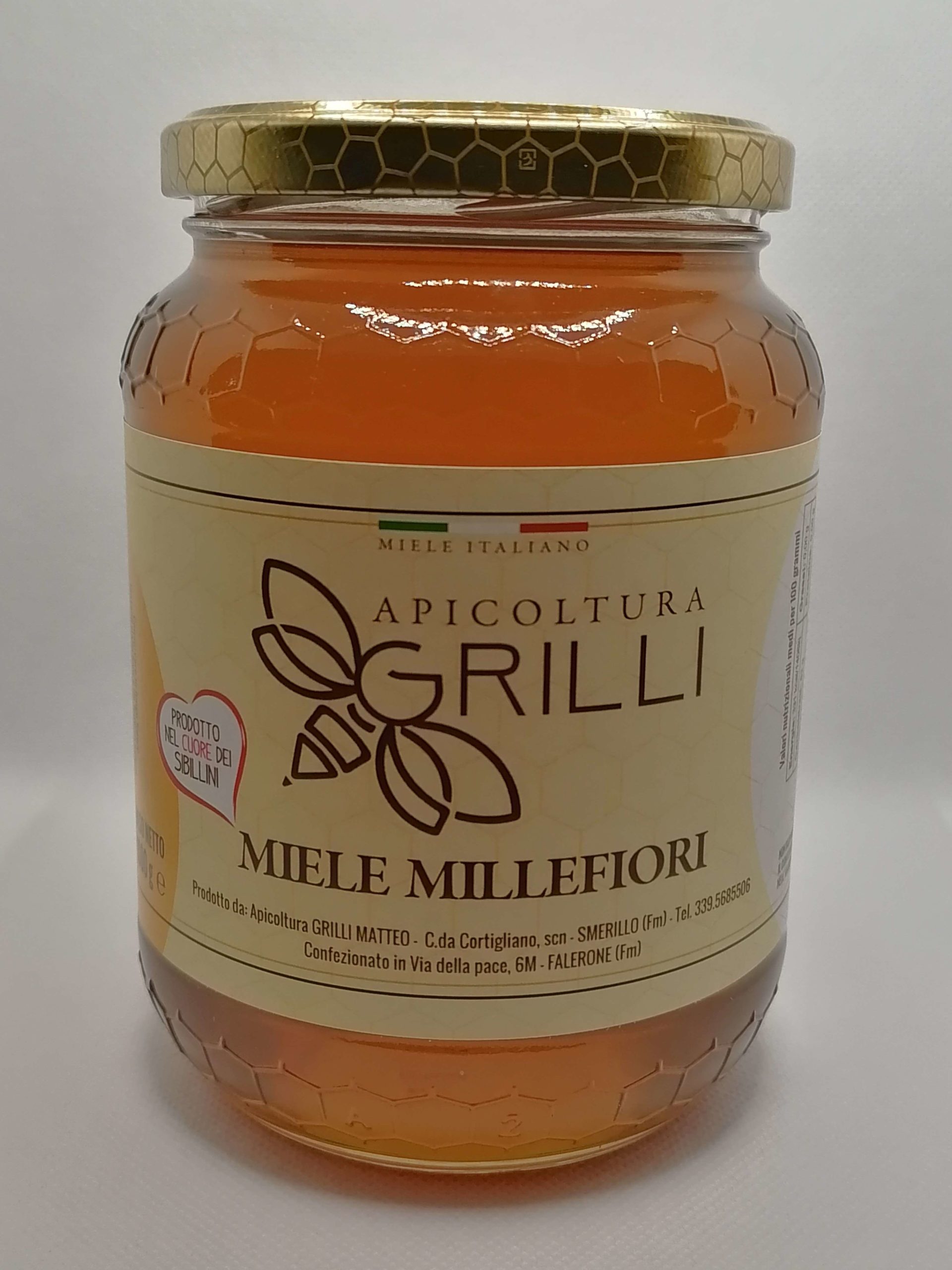
Miele Millefiori Primaverile 1000g Apicoltura GRILLI
Only the Cornuta di Caltanissetta and Valplatani breeds are not yet recognized. We investigated the level of genetic diversity, population structure, admixture patterns, and relationships among these Italian chicken breeds, in order to verify the effectiveness of the conservation programs.. Millefiori di Lonigo (PML) 0.166: 0.073: 56.01: 20..

Ultimi pulcini nati! Valdarnesi, Millefiori di lonigo, Boffa Polli
The aim of this study was to conduct a genome-wide comparative analysis of 8 local Italian chicken breeds (Ermellinata di Rovigo, Millefiori di Lonigo [PML], Polverara Bianca, Polverara Nera, Padovana, Pepoi [PPP], Robusta Lionata, and Robusta Maculata), all under a conservation plan, to understand their genetic diversity and population structure.A total of 152 animals were analyzed using the.
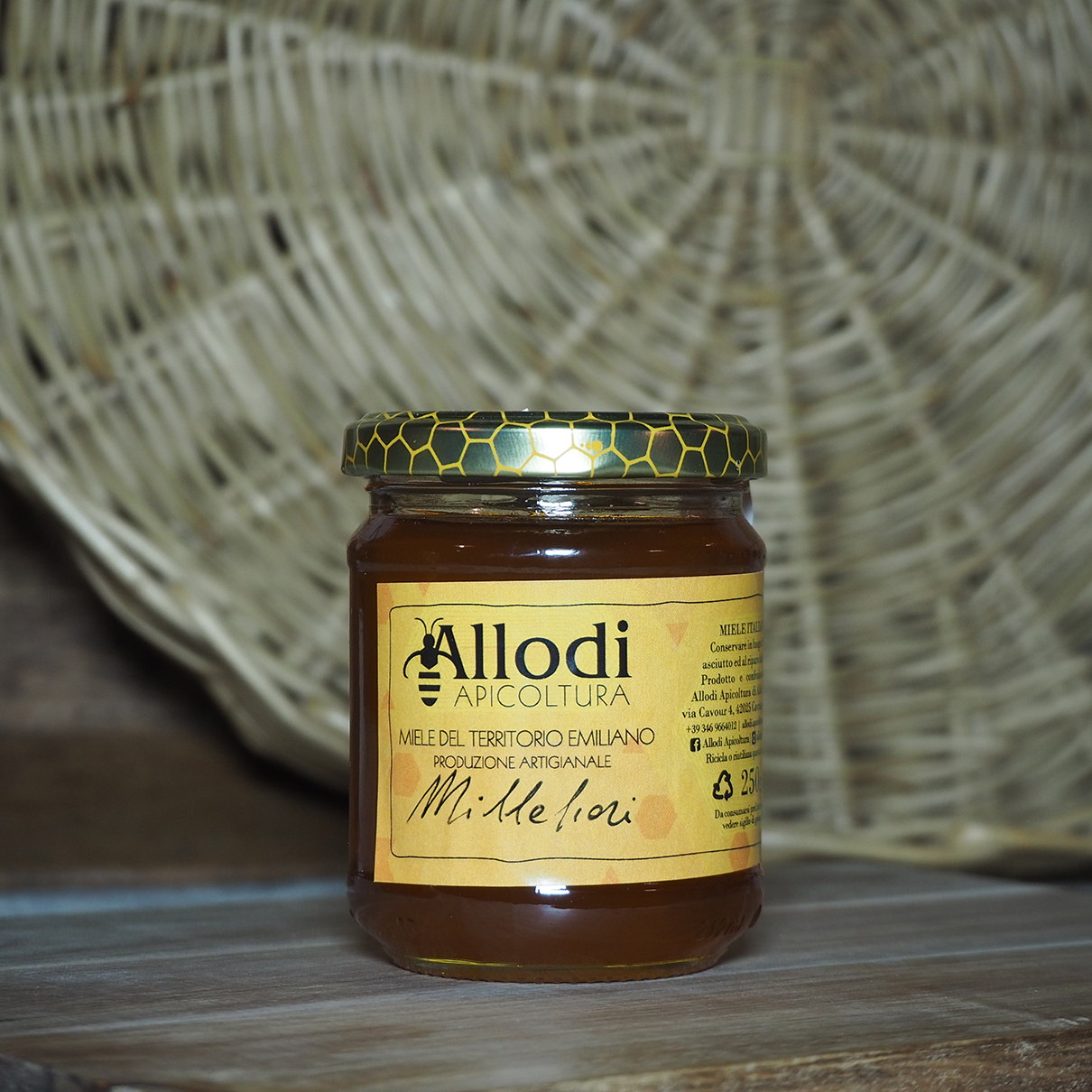
MIELE DI MILLEFIORI 0.250 KG I Sapori delle Vacche Rosse
Millefiori di Lonigo; Millefiori Piemontese; Modenese; Mugellese; Padovana; Padovana Riccia; Pépoi; Polverara; Robusta Lionata; Robusta Maculata; Romagnola; Siciliana; Valdarno; Valdarnese; References This page was last edited on 14 March 2022, at 19:26 (UTC). Text is available under the Creative Commons Attribution.

Miele Millefiori di Sicilia 250g La Bottega di Libera Terra
The Millefiori di Lonigo seems to belong to the Megiarola type, to which one may refer for further information. Some animals have been found in a traditional farm of South-Veneto and they have been studied for two years in order to understand their real nature. Afterwards, the ri-selection of an ancient breed started: the Millefiori di Lonigo.

Millefiori di Lonigo iFarmers
La Millefiori di Lonigo sembra ascrivibile al gruppo Megiarola. Dopo due anni di selezione per i relativi controlli volti ad identificare la vera natura degli animali reperiti presso un allevamento tradizionale del basso Veneto, inizia la riselezione di una vecchia razza tradizionale: la Millefiori di Lonigo. I problemi sono tanti, uova rosee.

Ultimi pulcini nati! Valdarnesi, Millefiori di lonigo, Boffa Polli
The aim of this study was to conduct a genome-wide comparative analysis of 8 local Italian chicken breeds (Ermellinata di Rovigo, Millefiori di Lonigo [PML], Polverara Bianca, Polverara Nera, Padovana, Pepoi [PPP], Robusta Lionata, and Robusta Maculata), all under a conservation plan, to understand their genetic diversity and population structure.
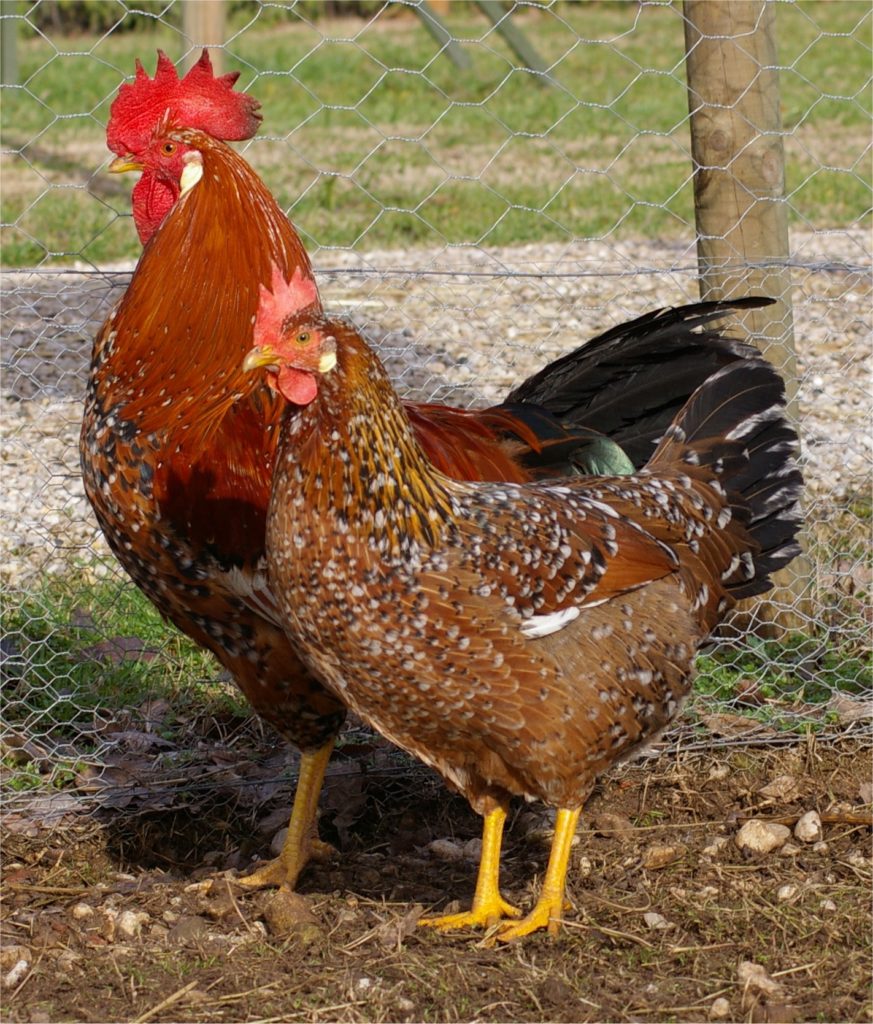
Millefiori di Lonigo Biodi.Ve
4 74 Robusta, Millefiori di Lonigo, Pepoi, and Ermellinata di Rovigo (De Marchi et al, 2005a, De 75 Marchi et al., 2005b; Cassandro et al., 2015). The Padovana is an ancient breed with uncertain

Gallo di razza Livorno Collo Arancio Beautiful Chickens, Beautiful
In the abovementioned 2001 survey, Ermellinata di Rovigo was widely diffuse, whereas no individuals of Millefiori di Lonigo were detected, which was thus reported to be extinct . Therefore, we can report that the risk status of Ermellinata di Rovigo has likely worsened (n = 828), whilst some improvement seemed to have been achieved in relation to Millefiori di Lonigo (n = 755).

Millefiori di Lonigo Allevamento Amatoriale Nicola
Media in category "Millefiori di Lonigo" This category contains only the following file.

Ultimi pulcini nati! Valdarnesi, Millefiori di lonigo, Boffa Polli
Associazioni il riconoscimento della razza stessa, non però come Millefiori di Lonigo, ma come Millefiori Veneta o Millefiori Migliorata. Ciò rappresenta secondo me, in questi tempi in cui si cerca ovunque di spacciare ottone per oro, un atto di grande onestà intellettuale, che meriterebbe di essere imitato in tanti altri casi.

Miele di Millefiori Antica Norcineria Cironi
Millefiori di Lonigo; Millefiori Piemontese; Modenese; Mugellese; Padovana; Padovana Riccia; Pepoi; Polverara; Robusta Lionata; Robusta Maculata; Romagnola; Siciliana; Valdarno; Valdarnese; Other breeds; Home. Italian breeds of chickens. This site is a place of study and rigorous information that responds to the needs of those wishing to learn.
Italian chicken breeds Millefiori di Lonigo
The Millefiori di Lonigo is an unusual and attractive breed of Chickens native to Lonigo, a town in the province of Vicenza in northern Italy. It has been shown for the first time in 1934, and since then it's being used as a multi-purposes breed. The Millefiori chicken usually has red or dark-orange plumage, which is beautifully spotted with.
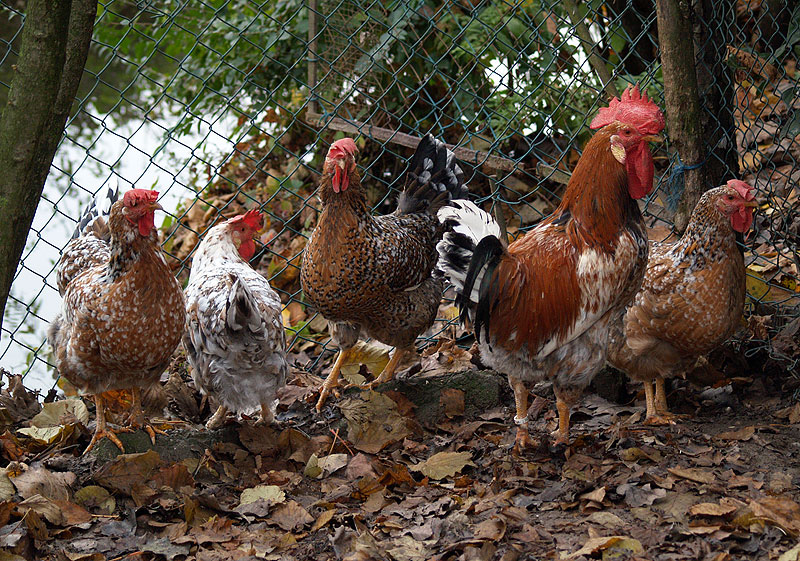
in giro per il Vicentino Millefiori di Lonigo (!), Collo nudo
A total of 645 samples were collected from 17 different autochthonous chicken breeds (Ancona, Bianca di Saluzzo, Bionda Piemontese, Livorno Bianca, Livorno Nera, Mericanel della Brianza, Mugellese, Ermellinata di Rovigo, Millefiori di Lonigo, Padovana, Polverara Nera, Pepoi, Robusta Lionata, Robusta Maculata, Romagnola, Siciliana, and Valdarnese), reared in conservation centers devoted to.
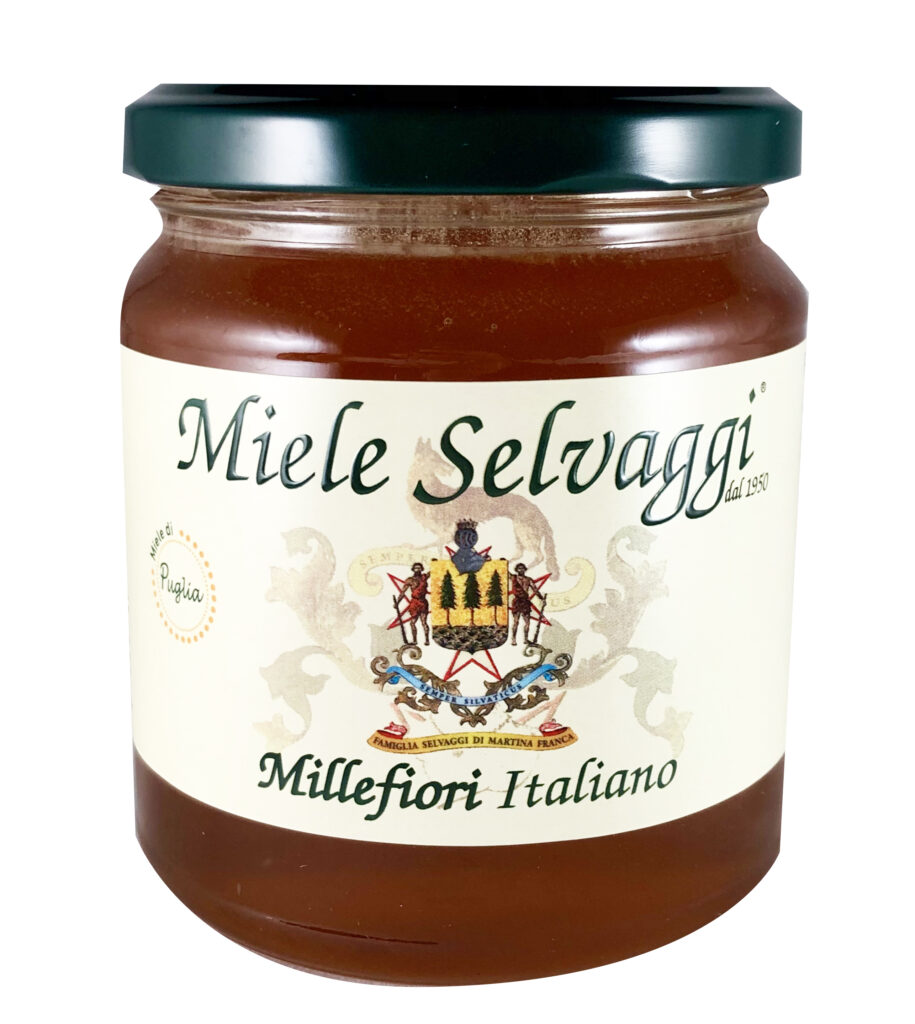
Miele Italiano Millefiori 400 gr. Il Salento
The genomic variability of local Italian chicken breeds, which were monitored under a conservation plan, was studied using single nucleotide polymorphisms (SNPs) to understand their genetic diversity and population structure. A total of 582 samples from 23 local breeds and four commercial stocks were genotyped using the Affymetrix 600 K Chicken SNP Array. In general, the levels of genetic.
Italian chicken breeds Millefiori di Lonigo
The observed heterozygosity ranged from 0.124 (Pèpoi) to 0.244 (Ermellinata di Rovigo), and the expected heterozygosity varied from 0.132 (Millefiori di Lonigo) to 0.300 (Ermellinata di Rovigo). Global FIS results (0.114) indicated a low-medium inbreeding effect, with values ranging from 0.008 (Millefiori di Lonigo) to 0.223 (Ermellinata di Rovigo).
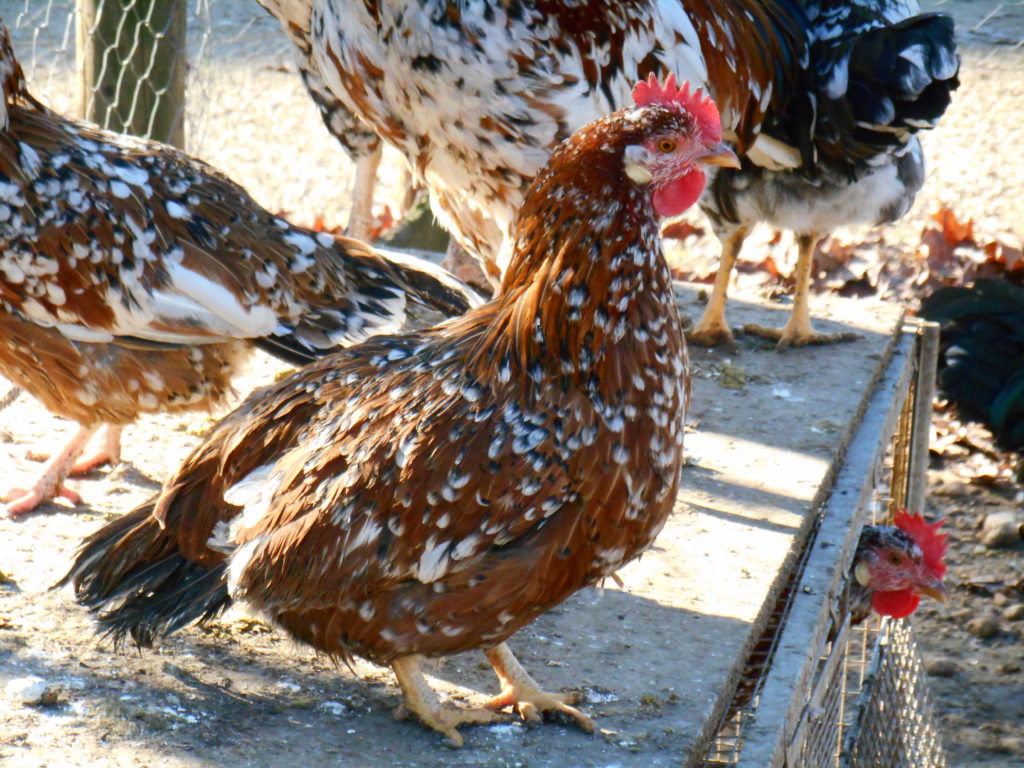
Millefiori di Lonigo Biodi.Ve
Copy number variants (CNV) are structural genomic alterations distributed across the entire genome in all species, with a mean size of at least 50 bp [1, 2], and they are caused by insertions, deletions, duplications, and translocations of DNA fragments [2, 3].The opportunity to sequence whole genomes has facilitated the use of molecular markers to characterize the breeds; indeed, structural.